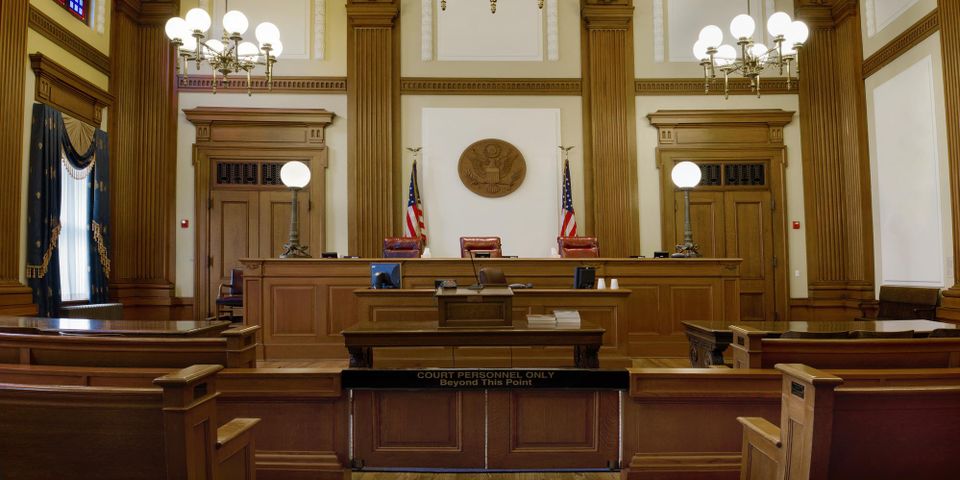FAQ Regarding Ohio Criminal Law

Facing criminal charges is a stressful and intimidating situation to be in. Legal terms, policies, and procedures are complex and confusing, making it difficult for you to navigate your case with confidence. However, with so much at stake, it’s important to understand as much as possible about your rights and how the justice system works. Thus, it’s in your best interest to talk to a criminal lawyer immediately following an arrest. Here are the answers to some common questions people ask about Ohio criminal law.
What to Know About Ohio Criminal Law
What’s the difference between a misdemeanor and felony?
Misdemeanors are less serious offenses than felonies and carry less severe penalties. In Ohio, the maximum sentence for a misdemeanor is six months of jail time and/or a $1,000 fine. Felony convictions can result in hefty fines, life imprisonment, or even the death penalty. People with a felony record also lose their right to vote while in prison and can no longer possess firearms.
Both misdemeanors and felonies will leave you with a criminal background that can negatively affect your personal and professional life. As such, you should have a criminal lawyer represent you in either case.
Will my charges be dismissed if my rights weren’t read?
 Generally, charges aren’t dismissed if police fail to inform you of your Miranda rights. Once you’ve been placed in custody, the law requires officers to read your rights before any questioning takes place.
Generally, charges aren’t dismissed if police fail to inform you of your Miranda rights. Once you’ve been placed in custody, the law requires officers to read your rights before any questioning takes place.
Neglecting to follow this procedure would violate your constitutional rights, and any statements you make during interrogation could be inadmissible in court. However, if you haven’t been arrested, Miranda rights aren’t applicable.
How are juveniles prosecuted?
When a minor commits a crime, their case is typically heard in juvenile court, where the goal is to rehabilitate the offender rather than punish them. Although, Ohio law allows juvenile cases to be transferred to adult court if the child is at least 14 years old and has committed a felony. Some offenses, such as murder, require a mandatory transfer if there is probable cause the child committed the crime they’re accused of.
Can my criminal record be expunged?
Instead of being expunged, Ohio convictions are sealed. This means a criminal history won’t be completely erased from your record, but it won’t be available for public viewing. A criminal lawyer can apply for your record to be sealed if you meet the eligibility requirements, which includes going through a waiting period and not being convicted of a violent crime.
If you’ve been accused of a crime, reach out to Pater, Pater & Halverson for quality legal advice and representation. Offering more than 120 years of combined experience, these criminal lawyers have helped protect the rights of countless Hamilton, OH, residents. They’ll ensure your case receives the personalized attention it deserves and strategize the best defense to achieve a favorable outcome. Call (513) 867-1411 to schedule a consultation or visit them online to learn more about their areas of practice.
About the Business
Have a question? Ask the experts!
Send your question

